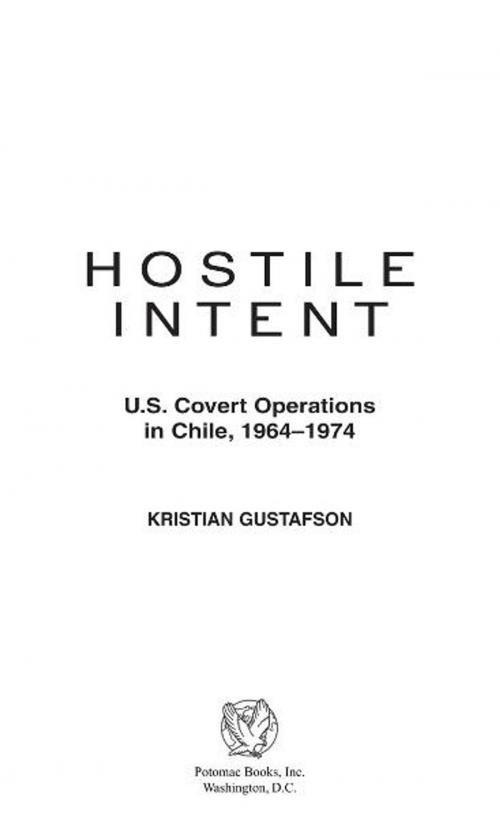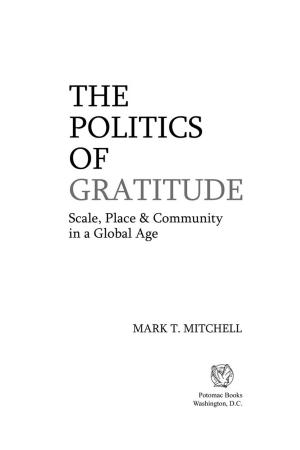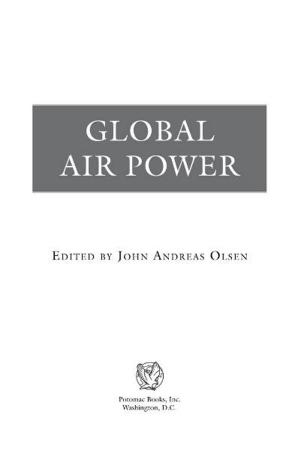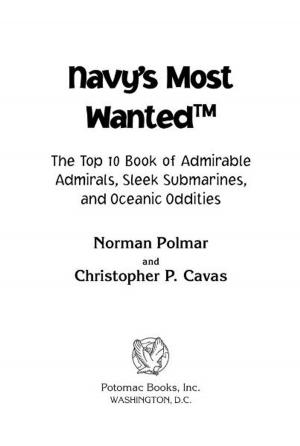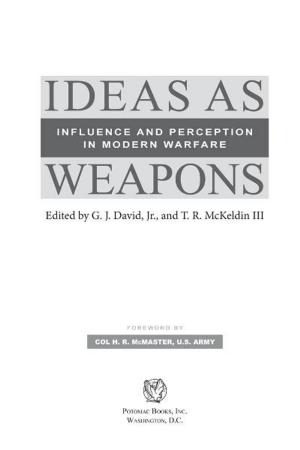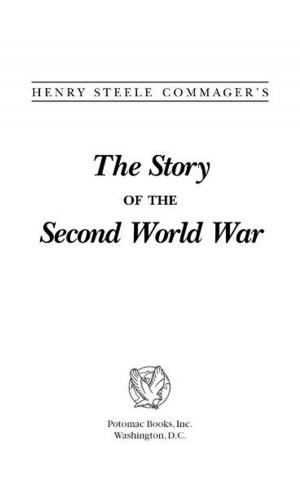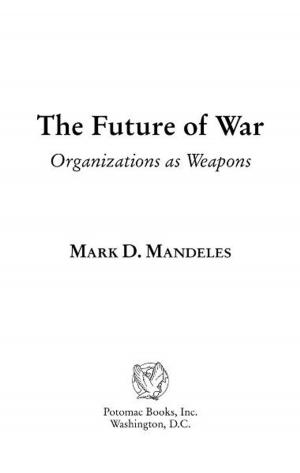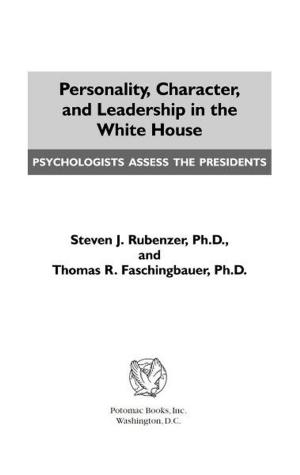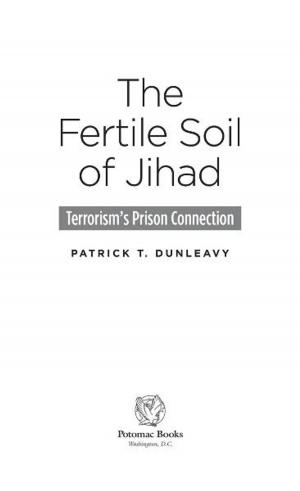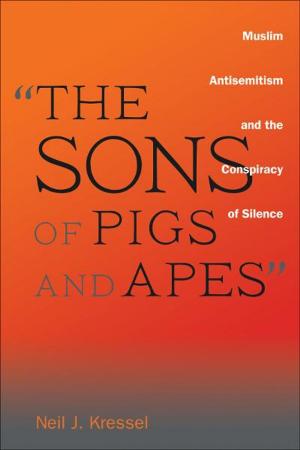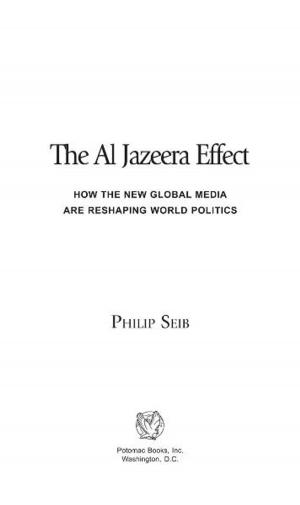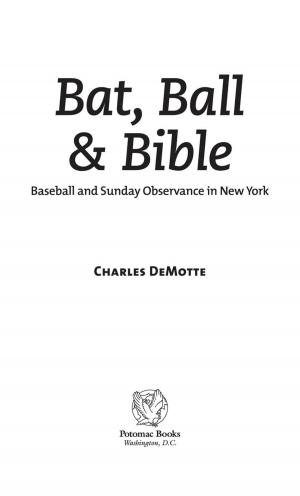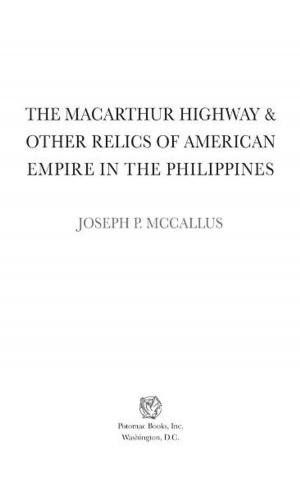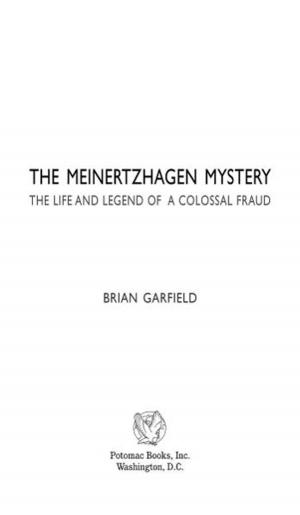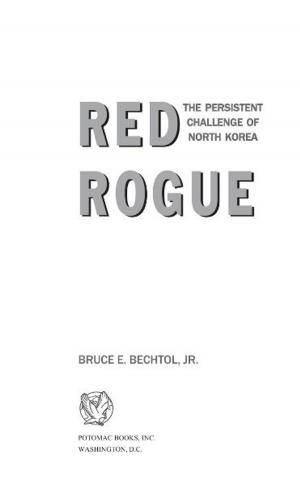Hostile Intent: U.S. Covert Operations in Chile, 1964û1974
Nonfiction, History, Americas, South America, Social & Cultural Studies, Political Science, International, International Relations, United States, 20th Century| Author: | Kristian Gustafson | ISBN: | 9781612343594 |
| Publisher: | Potomac Books Inc. | Publication: | December 31, 2007 |
| Imprint: | Language: | English |
| Author: | Kristian Gustafson |
| ISBN: | 9781612343594 |
| Publisher: | Potomac Books Inc. |
| Publication: | December 31, 2007 |
| Imprint: | |
| Language: | English |
Kristian GustafsonÆs Hostile Intent reexamines one of the most controversial chapters in U.S. intelligence history, the Central Intelligence Agency's covert operations in Chile from 1964 to 1974. At the request of successive U.S. presidents, the CIA in conjunction with the State Department and the Defense Intelligence Agency first acted to prevent Chilean socialist Salvador Allende from becoming the democratically elected president of his country and then tried to undermine his government once he was in office. Allende's government eventually fell in a bloody military coup on September 11, 1973. President Richard Nixon's administration and corporate interests were not sorry to see him go, but did U.S. covert operations actually play a decisive role in Allende's downfall? The declassification of thousands of U.S. government documents over the last several years demands that historians take a new look.
Since 1973, most observers have maintained that U.S. machinations were responsible for the success of Gen. Augusto Pinochet's coup that forced Allende's fall and suicide. This assessment has been based on a thin documentary record of U.S. activity, the myth of an all-powerful CIA, and the CIA's checkered history of covert action in Latin America. However, Gustafson convincingly shows the conventional wisdom about the impact of U.S. actions is badly flawed. His meticulous research is based upon an intensive examination of previously unavailable U.S. records as well as interviews with key figures. Hostile Intent is the most comprehensive account to date of U.S. involvement in Chile, and its provocative reinterpretation of this involvement will shape all future debates.
Since 1973, most observers have maintained that U.S. machinations were responsible for the success of Gen. Augusto Pinochet's coup that forced Allende's fall and suicide. This assessment has been based on a thin documentary record of U.S. activity, the myth of an all-powerful CIA, and the CIA's checkered history of covert action in Latin America. However, Gustafson convincingly shows the conventional wisdom about the impact of U.S. actions is badly flawed. His meticulous research is based upon an intensive examination of previously unavailable U.S. records as well as interviews with key figures. Hostile Intent is the most comprehensive account to date of U.S. involvement in Chile, and its provocative reinterpretation of this involvement will shape all future debates.
Kristian GustafsonÆs Hostile Intent reexamines one of the most controversial chapters in U.S. intelligence history, the Central Intelligence Agency's covert operations in Chile from 1964 to 1974. At the request of successive U.S. presidents, the CIA in conjunction with the State Department and the Defense Intelligence Agency first acted to prevent Chilean socialist Salvador Allende from becoming the democratically elected president of his country and then tried to undermine his government once he was in office. Allende's government eventually fell in a bloody military coup on September 11, 1973. President Richard Nixon's administration and corporate interests were not sorry to see him go, but did U.S. covert operations actually play a decisive role in Allende's downfall? The declassification of thousands of U.S. government documents over the last several years demands that historians take a new look.
Since 1973, most observers have maintained that U.S. machinations were responsible for the success of Gen. Augusto Pinochet's coup that forced Allende's fall and suicide. This assessment has been based on a thin documentary record of U.S. activity, the myth of an all-powerful CIA, and the CIA's checkered history of covert action in Latin America. However, Gustafson convincingly shows the conventional wisdom about the impact of U.S. actions is badly flawed. His meticulous research is based upon an intensive examination of previously unavailable U.S. records as well as interviews with key figures. Hostile Intent is the most comprehensive account to date of U.S. involvement in Chile, and its provocative reinterpretation of this involvement will shape all future debates.
Since 1973, most observers have maintained that U.S. machinations were responsible for the success of Gen. Augusto Pinochet's coup that forced Allende's fall and suicide. This assessment has been based on a thin documentary record of U.S. activity, the myth of an all-powerful CIA, and the CIA's checkered history of covert action in Latin America. However, Gustafson convincingly shows the conventional wisdom about the impact of U.S. actions is badly flawed. His meticulous research is based upon an intensive examination of previously unavailable U.S. records as well as interviews with key figures. Hostile Intent is the most comprehensive account to date of U.S. involvement in Chile, and its provocative reinterpretation of this involvement will shape all future debates.
